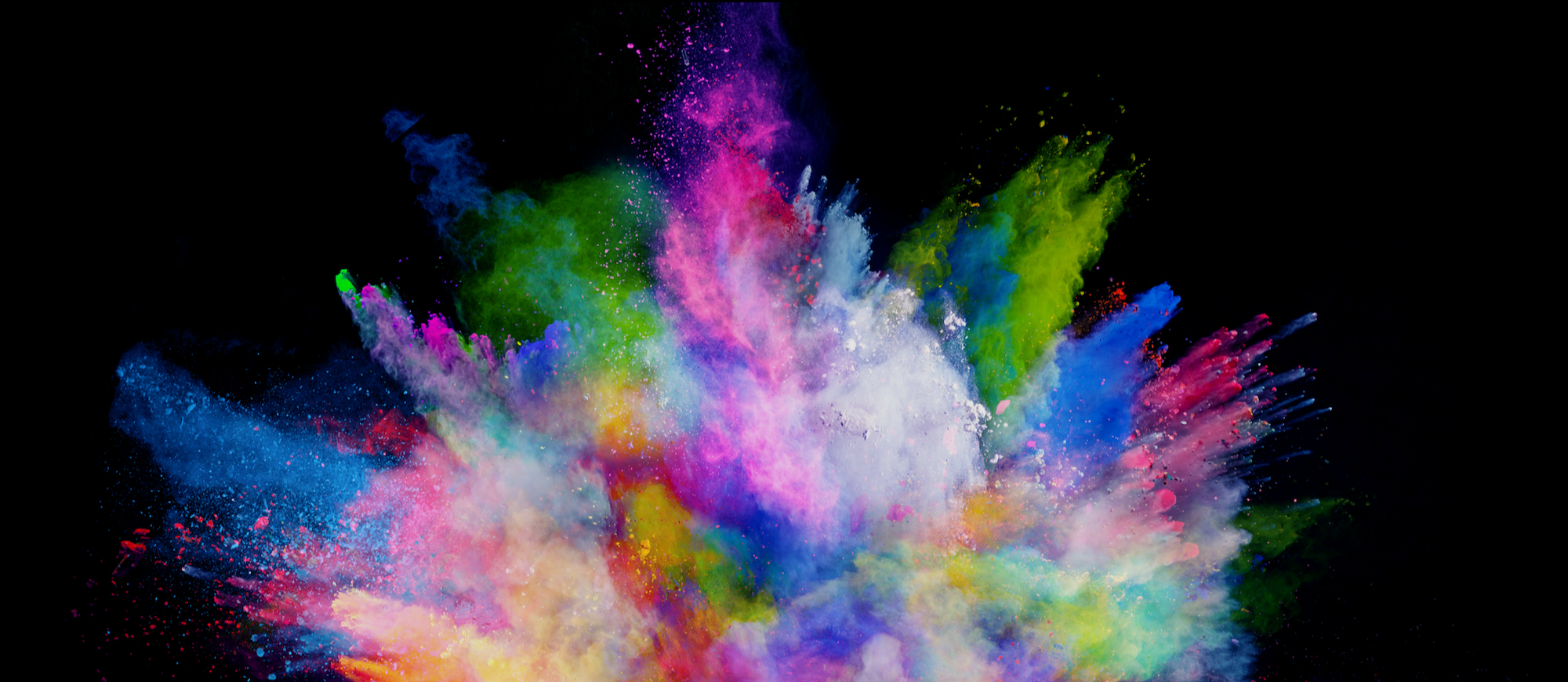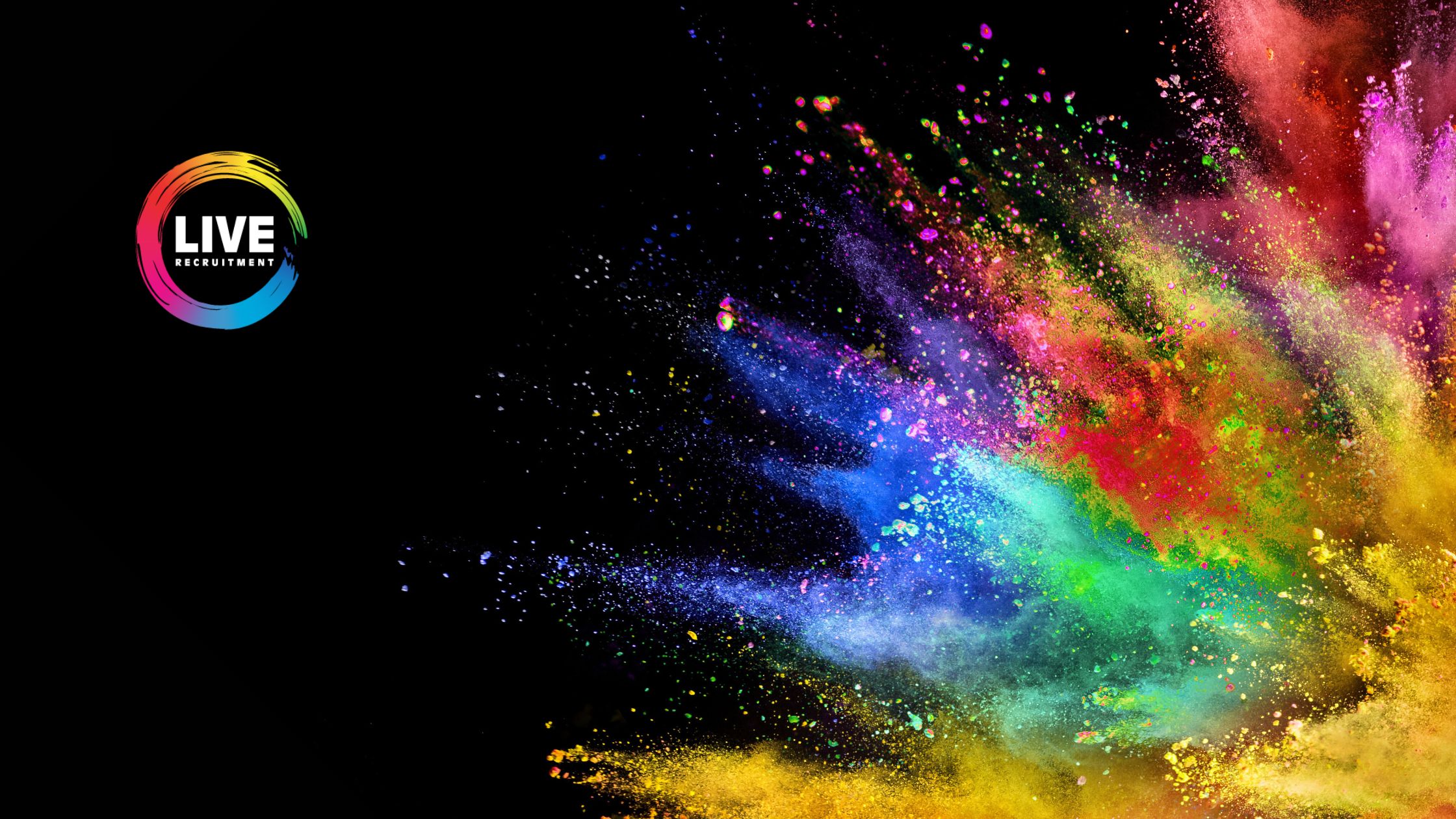In the world of events, diversity and inclusivity are often hailed as essential ingredients for success.
Yet, lurking beneath the surface lies a challenge that many in the industry are only beginning to confront: unconscious bias.
In a recent poll conducted on our own LinkedIn page, a staggering 45% of respondents identified unconscious bias as the primary barrier to diversity and inclusivity within the events sector.
This sheds light on a pervasive issue that impacts not only the workforce but also the experiences of attendees.
What is unconscious bias?
Unconscious bias refers to the attitudes or stereotypes that affect our understanding, actions, and decisions in an unconscious manner.
In the events industry, these biases can manifest in various forms, from hiring practices to the design of event spaces and programming.
Despite the events industry's outward commitment to diversity, unconscious biases can create barriers that hinder the full participation and representation of marginalised groups.
Key challenges of unconscious bias
One of the key challenges is the lack of awareness surrounding unconscious bias. Often, individuals may not realise the subtle ways in which their biases influence decision-making processes.
This can result in homogenous teams, exclusionary practices, and events that fail to resonate with diverse audiences.
Combatting unconscious bias
To combat unconscious bias, organisations must prioritise education and training initiatives. By fostering an understanding of unconscious bias and its implications, teams can work towards creating more inclusive environments.
This includes:
Implementing diverse recruitment strategies
Conducting bias audits of event practices
Actively seeking out diverse perspectives in event planning
Moreover, addressing unconscious bias requires a commitment to ongoing reflection and accountability. It's not enough to simply acknowledge its existence; real change requires proactive efforts to challenge biases at every level of the industry.
The value of diverse representation in events professionals
Diversity in the team brings diversity in perspectives, representation and decision making. Diverse perspectives and representation is crucial in events professionals because;
Improved Decision-Making: Diverse backgrounds bring unique experiences, knowledge, and viewpoints.
Creativity & Innovation: When diverse backgrounds and experiences collaborate, they bring a wide range of ideas and insights.
Problem Solving: Different perspectives bring a more comprehensive analysis of problems.
Performance & Productivity: Diverse teams bring a broader range of expertise and
Decision Acceptance: Decisions made by a diverse group represent different perspectives and lead to a higher level of acceptance and buy in.
Identifying Problems: Different lived experiences and backgrounds give individuals the ability to identify issues that may not be apparent to others.
Reflective of Society: Embracing diversity and representation gives a fair representation of society.
As the events industry continues to evolve, embracing diversity and inclusivity isn't just a moral imperative – it's also a strategic advantage. By recognising and mitigating unconscious bias, we can create events that truly reflect the richness and diversity of the world we live in. It's time to confront our biases and build a more equitable future for all within the events industry.


